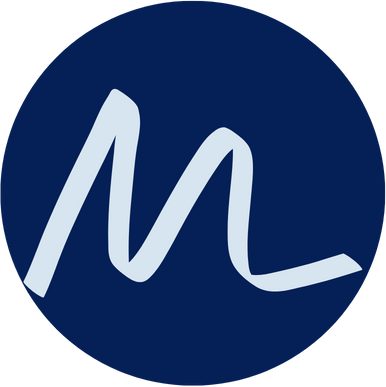Adulting
Ah, “adulting.” The very word often conjures up visions of endless bills, groan-worthy responsibilities, and a general sense of “Why didn’t anyone prepare me for this?” For many of us, growing up isn’t a process we choose so much as a set of decisions and responsibilities that seem to sneak up on us. Suddenly, we’re out of school, faced with a cascade of life decisions that only we can make, and no one is around to grade our efforts.
But while adulting can be terrifying—filled with responsibility and accountability—it can also be profoundly beautiful. There’s a unique empowerment in taking ownership of our lives, in understanding that we’re free to make our own choices. As we evolve through these stages of life, the benefits of complex thinking and agility come to light, helping us pivot when needed and grow with each new experience.
The first steps of adulting feel like being handed the keys to a car you’ve never driven. You’re in control, but you also bear the weight of that control. Suddenly, everything matters: your job, your finances, your health, your relationships. It’s all on you, and mistakes don’t come with a “reset” button. This can feel overwhelming, even paralyzing.
But here’s the secret: with time and experience, you start to gain a clearer perspective. With each choice and consequence, you gain self-knowledge and skills, learning what works for you and what doesn’t. This growing understanding, paired with our brain’s increasing ability for complex thinking, is where adulting begins to bloom into something less like survival and more like flourishing.
Renowned developmental psychologist Robert Kegan talks about the capacity for complex thinking as a crucial part of adult development. According to Kegan, as we mature, we gain the ability to hold multiple perspectives at once, to wrestle with conflicting ideas, and to adapt as we learn. “The purpose of adulthood is not to find the answers,” Kegan writes, “but to continuously develop our capacities to respond to life’s complexity.” As we gain this “agile mind,” we develop mental complexity, the ability to think flexibly and embrace the messiness of life.
Complex thinking allows us to see shades of gray where we once saw black and white. We no longer cling to rigid beliefs simply because they’re what we were taught; instead, we wrestle with them, examine them, and adjust as new information or perspectives come to light. This agility is a superpower in the adult world, enabling us to adapt, grow, and find meaning beyond simplistic answers.
Yes, adulting means accepting responsibility. But it also means freedom. You get to decide who you want to be, what values matter most to you, and how you spend your days. You are the author of your life. While there’s a certain terror in that, there’s also a liberating beauty. You’re free to build your life in alignment with who you are now, not just who you were as a kid or who others want you to be.
With this freedom comes resilience. Each time you face a tough decision, adapt to a new situation, or work through a setback, you’re strengthening your ability to persevere and succeed. Instead of waiting for life to happen to you, you’re able to shape it actively.
Consider a situation many adults face: navigating different belief systems or values within a diverse workplace. Let’s say you grew up in an environment that emphasized stability and caution, but your new workplace encourages risk-taking and “failing fast.” At first, this clash of perspectives can feel uncomfortable, even wrong. However, embracing agility means recognizing that both perspectives hold value. Through conversations, trial and error, and reflection, you may find yourself developing a new understanding that incorporates both caution and boldness.
By adopting agile thinking, you’re not locked into either extreme; instead, you can take what’s useful from each. This ability to hold multiple, sometimes opposing, perspectives is a hallmark of adulting. It allows you to engage meaningfully with new ideas, explore fresh insights, and grow beyond the boundaries of your upbringing or past experiences.
Three Key Benefits of Adulting
Ownership Over Your Path: When you’re responsible for your own life, you get to shape it according to your goals, values, and dreams. This ownership brings clarity and self-respect; your achievements are genuinely yours, and so are your lessons learned.
Mental Flexibility: Adulting offers a unique opportunity to become comfortable with life’s uncertainties. This flexibility helps you pivot in times of change, solve problems creatively, and approach challenges from different angles.
Authentic Relationships: As you learn to embrace complexity, you also deepen your relationships. You’re able to appreciate others’ perspectives without needing to agree, creating more meaningful connections with those around you.
Ultimately, adulting is about developing the mental muscles we need to live fully and intentionally. The beauty of adulthood lies in the choice to embrace both the responsibilities and the freedoms of our journey. We get to wrestle with new ideas, grow through each experience, and savor the ever-evolving understanding of who we are and who we want to become.
